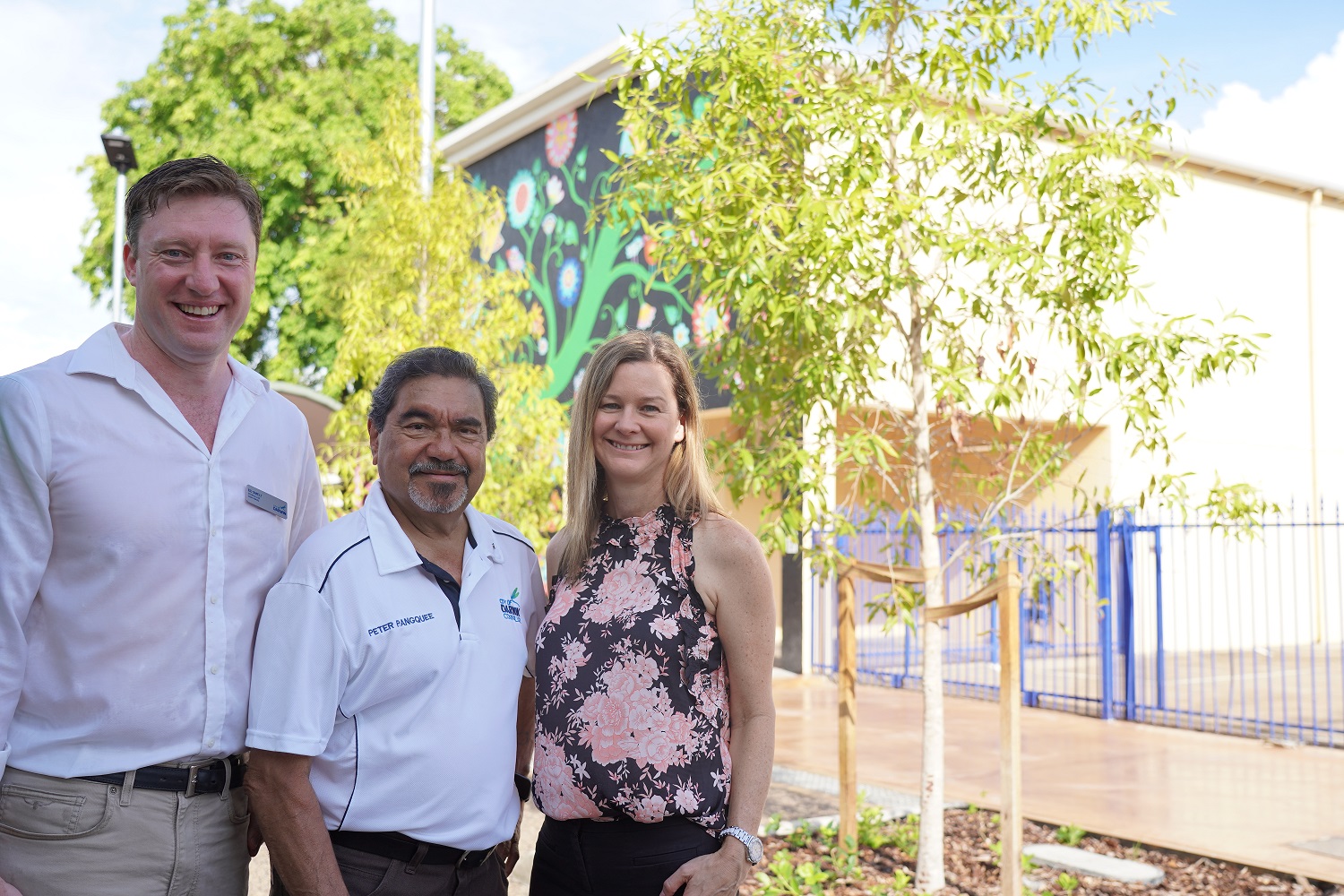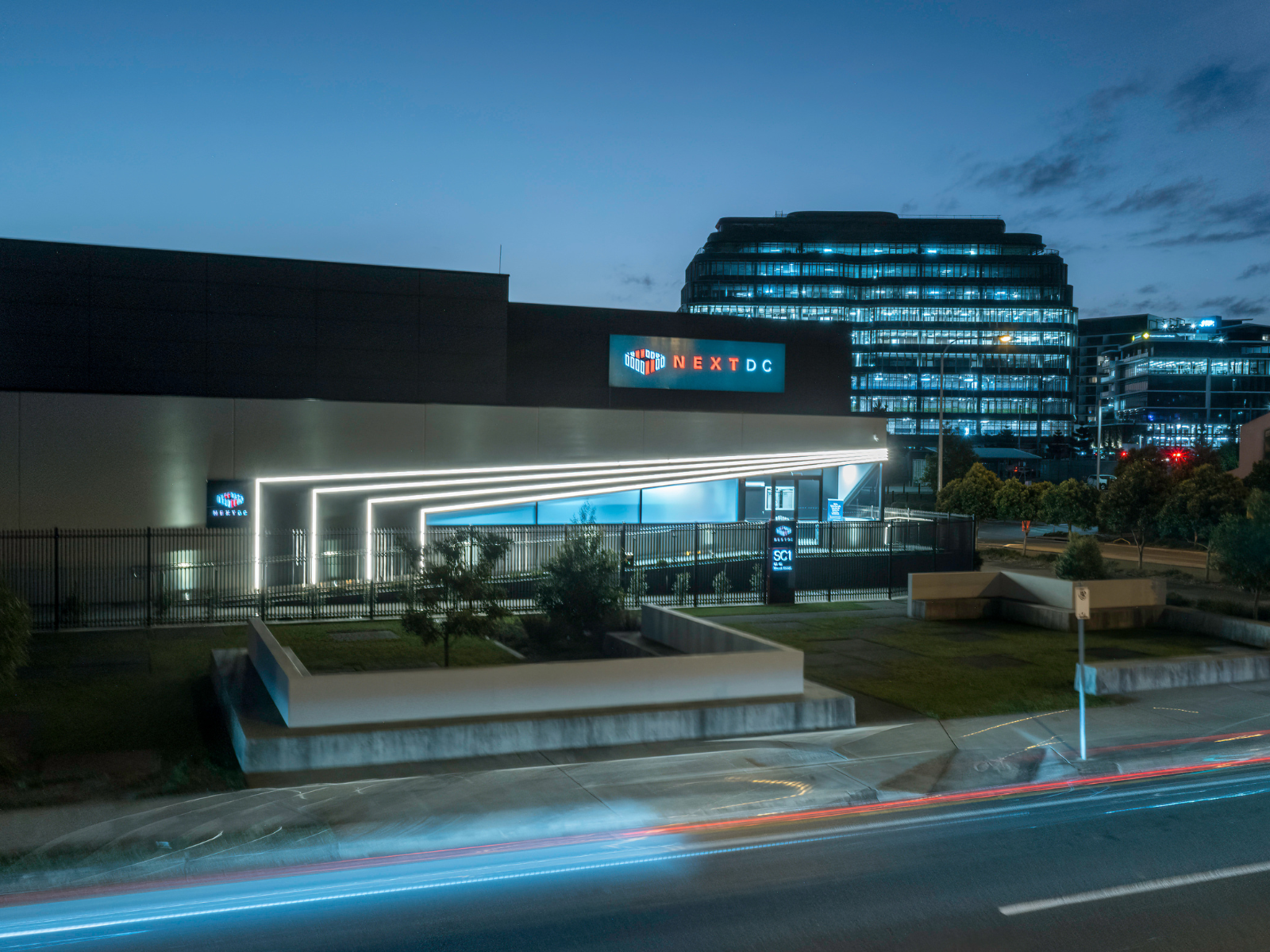Glasgow, Scotland– The Glasgow climate conference is “a test for who we are as humans” according to Greenpeace International Executive Director Jennifer Morgan.
The delayed COP26 opens on Sunday, with world leaders gathering in the Scottish city on Monday and Tuesday. The conference is the biggest political moment in the climate crisis since governments met in Paris six years ago. While the Paris Agreement set the goal of limiting temperature rise to 1.5C, Glasgow is where the world needs to agree on how to get there.
The climate talks take place amid the COVID19 pandemic that continues to overwhelm governments. Trust is low and tension is high among developing countries due to the vast inequity of the COVID vaccine roll-out and the Global North’s resistance to a so-called ‘TRIPS waiver’ that would remove barriers to increased production and fairer allocation of vaccines. With promises not being kept and greenwashing rife, climate change continues to hit the most vulnerable hardest, while carbon emissions from rich countries are rising rapidly.
Jennifer Morgan is one of the few people who has been to every one of the previous 25 COPs, going back to Berlin in 1995. Speaking on the eve of COP26 in Glasgow, she said:
“Paris was the engagement party, but now we’re at the wedding, waiting to see if the key countries and corporations are ready to say ‘I do’. Glasgow needs to see real commitment, real ambition and real action as there’s been a lack of all three in the run up to the conference. While the next two weeks will involve many twists and turns, it’s not too late for leaders to agree a transformational, detailed plan of action.”
Morgan added:
“Glasgow is a test for who we are as humans. We know everything we need to know about the climate crisis – the causes and impacts, the scams and solutions. If we authentically and respectfully cooperate as a species, we can win a safer, fairer, greener future for all. But regressive governments like Australia, Brazil and Saudi Arabia will come to Scotland with a wrecking ball that they’ll try to swing through the climate talks. Any companies and governments thinking of allying with them should know they will be exposed and not easily forgiven.”
The Paris Agreement set the goal of limiting global temperature rise to 1.5C, but the governments which signed the deal aren’t promising the emissions cuts needed to actually make it happen. That needs to change in Glasgow. At COP26 the world can get back on track, but some big things need to happen. Greenpeace is calling for:
- A declaration that all new fossil fuel projects cease immediately
- Ambitious emissions-cutting plans from world leaders so we halve global emissions by 2030
- A rejection of plans to open a global market in carbon offsets (they’re a scam and don’t work) and a commitment to rules that foster transformational international cooperation
- Confirmation that $100bn a year will go from rich countries to less developed countries to adapt to the impacts of the climate crisis, develop clean energy systems and transition away from fossil fuels. And more money on top of that to compensate for the damage already being caused by climate impacts in less developed countries.
Morgan added:
“I’ve been to every COP, but never before has there been one defined by such contrast. On one side we see people and nations fighting for their very existence, while next to them sit governments and industries determined to squeeze a few more decades out of business-as-usual, regardless of the unbearable suffering they are causing. Their lack of empathy is both extraordinary and shameful.
“If Glasgow doesn’t go our way, if humanity and nature are not tangibly prioritised over polluting profiteering, we will not give up, we will only get stronger. Together the many millions who form the climate movement will continue advocating for action and justice. A safer, greener, fairer world is on the horizon. If world leaders are wise, they will seize this moment.”








